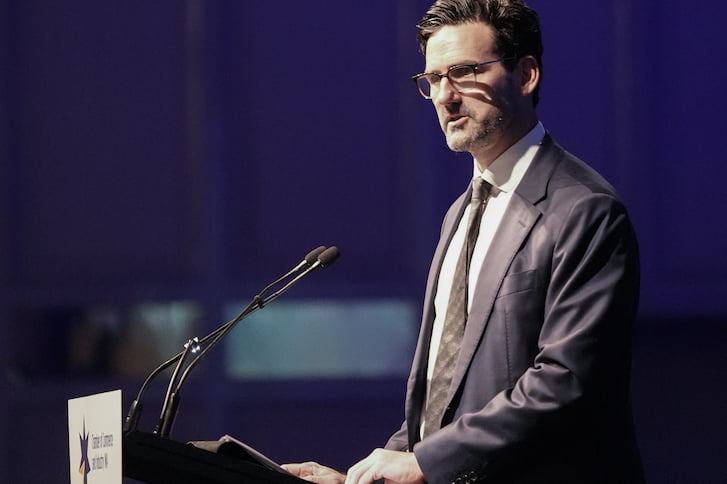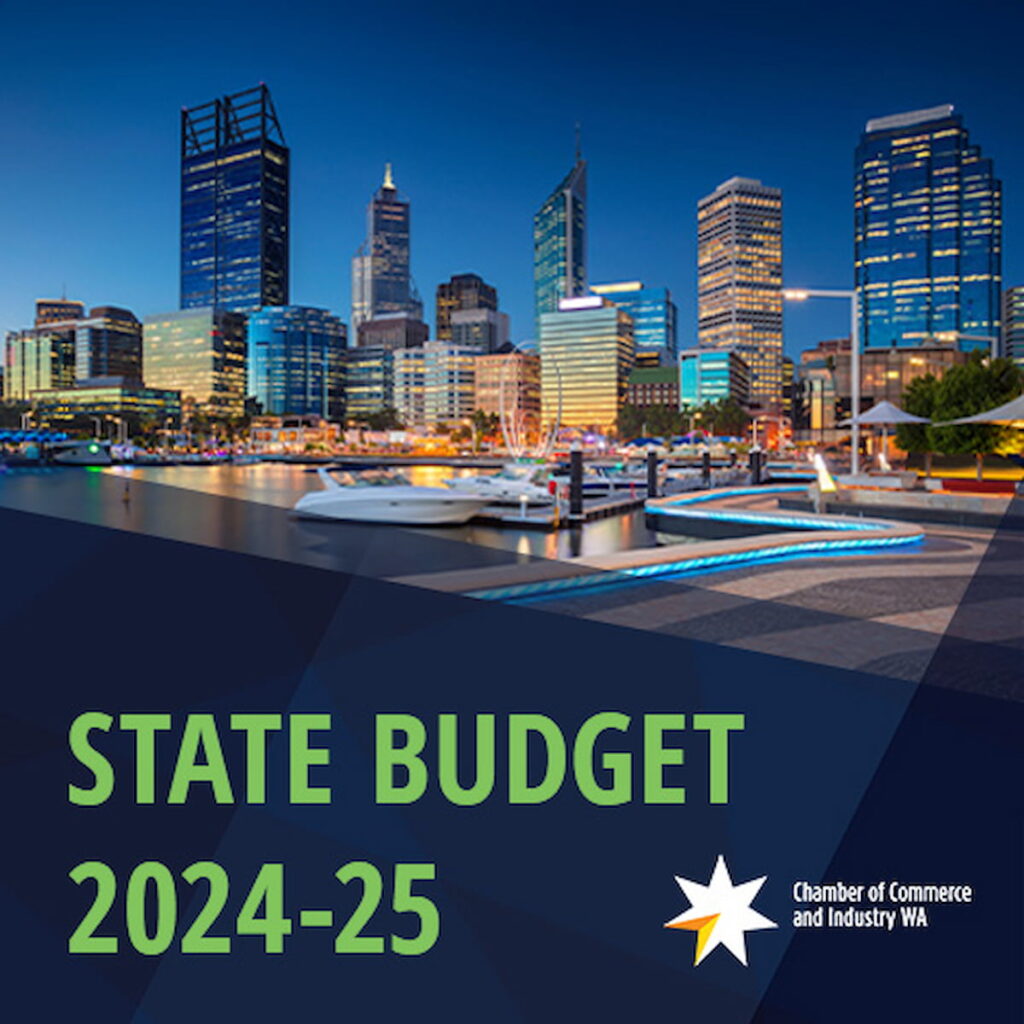
CCIWA Chief Economist Chris Rodwell
CCIWA has highlighted inconsistency in the Federal Government’s employment strategy, which it says is promoting workplace flexibility at the same time as proposed industrial relations (IR) changes threaten to undermine its core goal.
CCIWA aligns itself with the Australian Chamber of Commerce and Industry (ACCI) in asserting that the recently published document titled “Working Future: The Australian Government’s White Paper on Jobs and Opportunities” sets out the basis for a more inclusive and efficient labour market. The paper also commendably calls out the importance of fixing Australia’s migration system. However, proposed IR reforms will heighten inflexibility and constrain hiring and job growth, they say.
“The Government’s vision for a dynamic and inclusive labour market is anything but that,” says Chris Rodwell, CCIWA CEO.
“The idea that its reforms will increase productivity is so far from reality. Our Members are telling us these reforms will not only add an additional burden to their day-to-day business costs, but they are also so complex that compliance will be so complicated and time consuming.
“We are deeply concerned about the effects of these reforms on our Members and the WA business community.”
ACCI CEO Andrew McKellar says the Government’s “backward-looking” IR reforms – which are currently under consideration in Parliament and not expected to be passed before February next year – will be damaging.
“The Government’s industrial relations proposals are designed to kill off flexible work that suits both employer and employee, including casual employment, labour hire and independent contracting,” he says.
CCIWA has been canvassing the views of its Members on proposed changes to the Fair Work Legislation Amendment (Closing Loopholes) Bill 2023. This includes changes to casual employment, ‘Same Job, Same Pay’, labour hire and right of entry from union delegates.
Members’ main concerns are:
- Reduced investment by companies worried about the increasing complexity of Australia’s highly regulated employment and workplace relations system.
- Increased compliance burden for smaller businesses already battling a complex regulatory environment.
- Potential non-compliance penalties adding to hiring disincentives.
- Negative effects on productivity.
- Cost increases curbing incentives to grow employment.
- Significant additional administrative burdens for businesses.
- Higher costs translated into consumer price hikes and more inflationary pressure.
- Increased union influence.
CCIWA has put forward its submission to the Senate Standing Committee on Education and Employment, including Members’ feedback and concerns.
CCIWA will also voice Members’ concerns at the WA Senate committee hearing in Perth on 6 October.
Are you concerned about the Federal Government’s IR reforms? Click here for more information or get in touch with our workplace experts today by calling our Employee Relations Advice Centre on 9365 7660 or CCIWA Members can book a free consultation with one of our employment lawyers by emailing [email protected].






